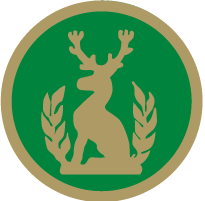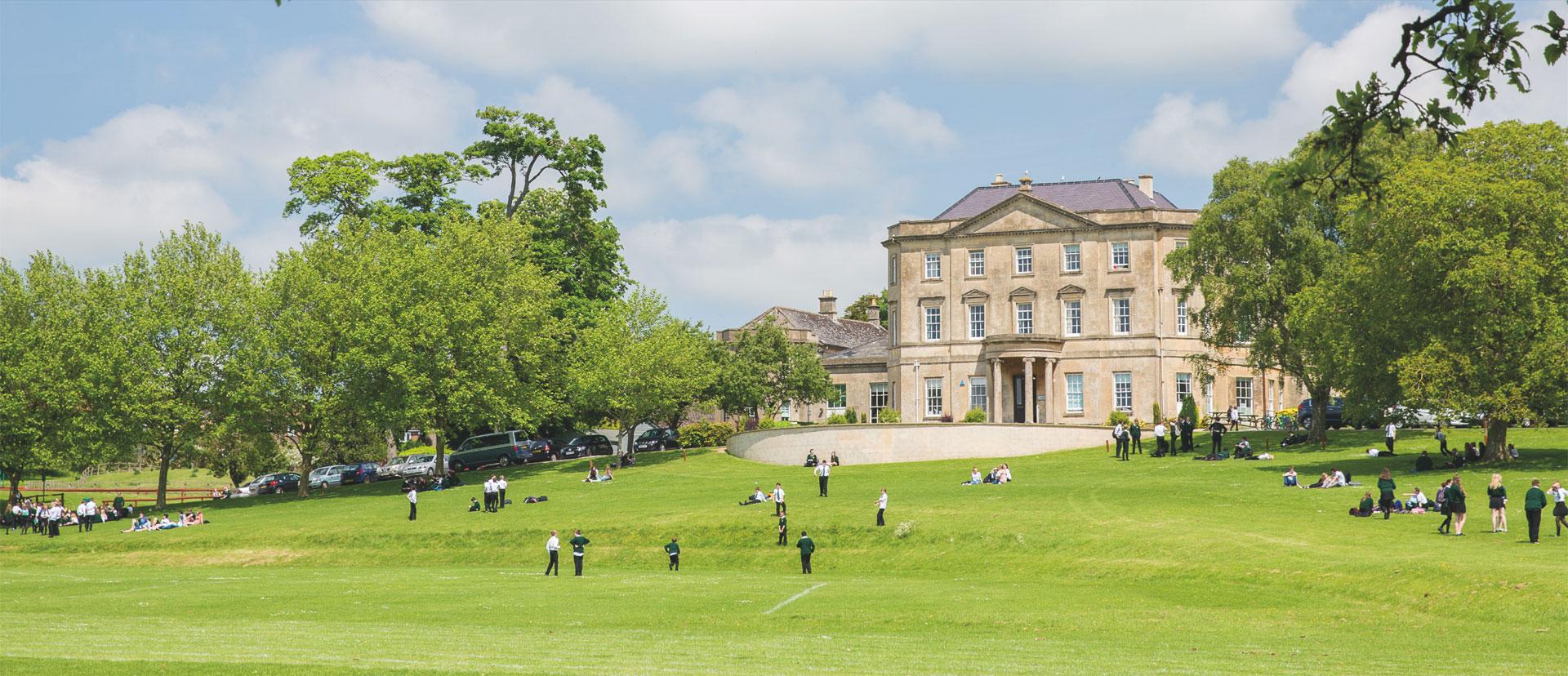Curriculum Leader: Mrs Rachael Cobb and Mr Patrick Cobb
Introduction
Maths Curriculum Intent
Problem Solving
Solving problems, whether in a real-life context or an abstract puzzle, is why mathematics is so important to humankind. Climate modelling, predicating disease spread, and natural disaster response logistics are just some of the examples of where mathematics is used to make predictions, optimise resources and potentially save lives. We won’t necessarily be able to solve these global problems in our lessons, but we will develop the tools to tackle problems!
Fluency
In order to solve problems, it is crucial that we can use and apply common methods and processes accurately. Practice will help us become fluent with techniques and enable us to tackle a wider range of problems. As we develop mathematically, we broaden our range of tools and techniques.
Communication
In mathematics, rather than focus on an answer, we prefer to think about the steps to get to the solution. We need to communicate these steps clearly as this enables others to learn from us, and to check if any of our steps or assumptions are invalid.
Making connections
At first glance, mathematics can seem like a huge collection of unrelated facts and techniques. However, many topics that at first seem separate share some underlying structures. Making these connections explicit can help us transfer knowledge from one topic to another.
The curriculum is split into the following strands, which are our threshold concepts:
- Fluency of Number
- Manipulation of Algebra
- Calculating in Ratio
- Geometrical Reasoning
- Analysing Data & Probability

